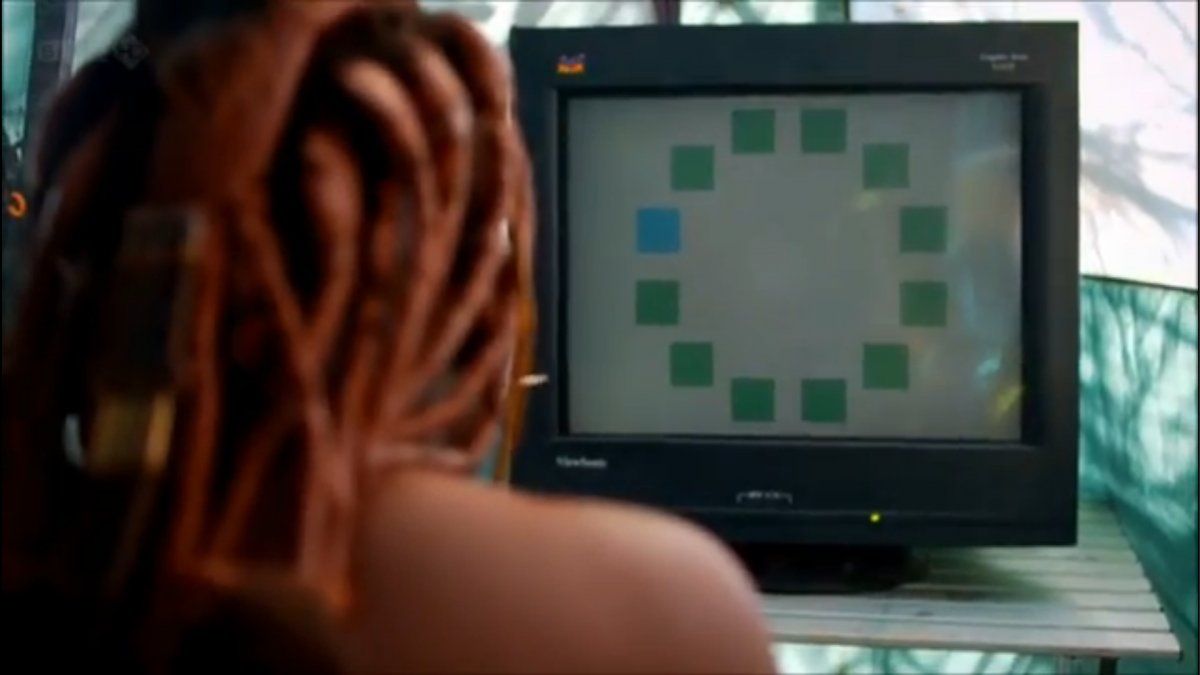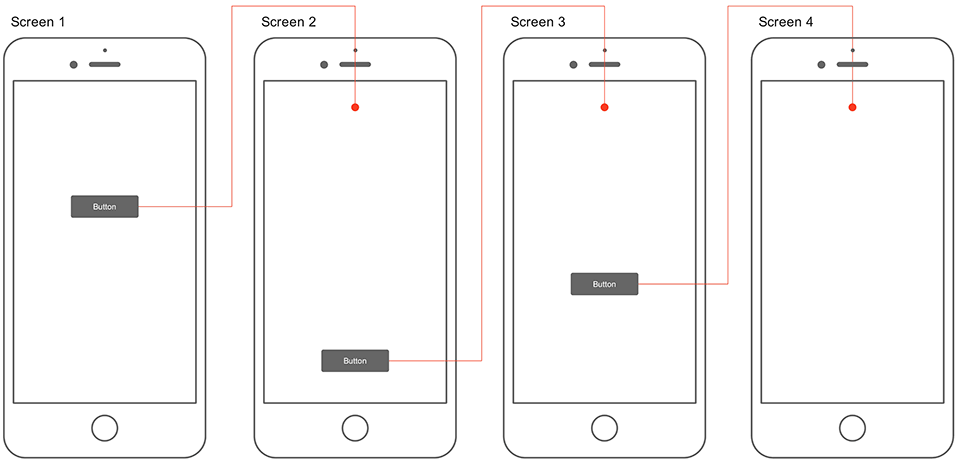What is the blockchain?
The blockchain is a distributed database that allows for secure, transparent and tamper-proof transactions. Blockchain technology was first introduced in 2009 as the underlying technology behind Bitcoin, the first decentralized cryptocurrency.
Since its inception, blockchain technology has been adapted for various other applications, such as supply chain management, data security and authentication. One of the most promising applications of blockchain technology is in the field of blockchain-based smart contracts.
A recent example of this is Solana, a blockchain platform that aims to build the world's fastest blockchain by using Proof of History to achieve consensus without mining. Solana's approach could enable it to handle up to 710k transactions per second. That's compared to Visa's peak capacity of 24k transactions per second!
Beyond speed, blockchain technology also offers other advantages over traditional database technologies, such as reduced costs and increased security. For these reasons, blockchain is quickly becoming a key technology for a variety of industries and applications.
If you're looking for more information on blockchain technology, I'd recommend checking out these resources:
- How Does Blockchain Work? (Blockgeeks)
- What is Blockchain Technology? (BlockchainHub)
- A Beginner's Guide to Blockchain Technology (Coindesk)
- 10 Uses for Blockchain Technology (TheBalance)
- How Blockchain is Changing the Way We Do Business (Entrepreneur)









